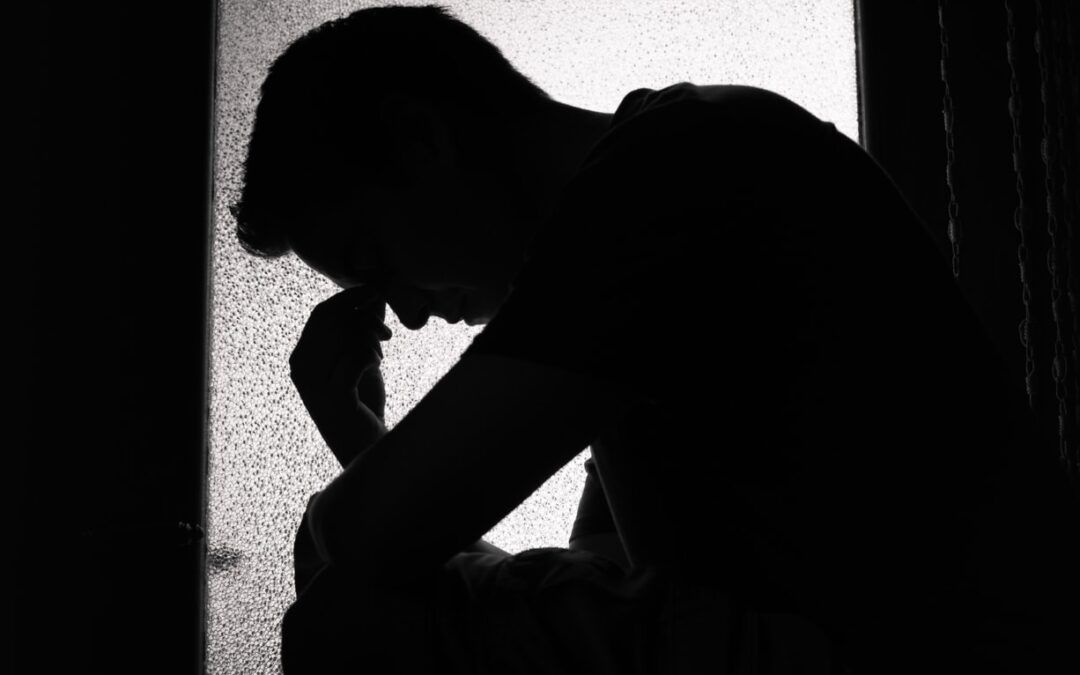Stress, Trauma, and Loss
Chronic stress or acute trauma and loss, especially in the age of coronavirus, can sideline even the most emotionally resilient person. One’s health crisis or that of a family member likewise can cause emotional distress.
Because of the spread of COVID-19, we in the midst of the worst pandemic the world has seen in over 100 years. The threat of falling ill or dying from COVID-19 is front and center for many of us. Being faced with a very real threat each time we leave the house, needing to socially isolate ourselves from one another and being exposed through the media to heartbreaking stories can lead to a state of chronic stress.
The threat of losing our source of income or working every day in a business that is deemed essential in an environment in which the coronavirus is present can take a toll. Add to that, having your kids at home all day and feeling responsible to monitor their online schooling can be overwhelming.
Even if we take coronavirus out of the picture, significant changes such as divorce, death, job loss, or moving, often lead to grief. This response is normal, of course, but if grief becomes overwhelming and prolonged, there is a possibility you are dealing with depression.
Early Childhood Environment
One’s experiences during childhood can contribute to depression. If your mother suffered from untreated postpartum depression when you were an infant, you may be more at risk to experience major depression yourself. In addition, growing up in a dysfunctional, turbulent family can lead to many emotional struggles.
Sadly, parents aren’t always able to provide a stable, nurturing environment kids need for healthy psychological development. Abuse, trauma, neglect, parental addiction, relationship drama, and stress during these years are harmful in more ways than one.
You can see that this is another way in which depression can run in families. If one generation can’t provide for the emotional needs of its children, the cycle can easily continue
Genetics
Researchers and depressed individuals alike have noted that depression often runs through more than one generation of a family. Scientists believe that sometimes genetics can influence the likelihood of becoming depressed.
The precise manner of how genes work to cause depression isn’t completely understood yet, however. Intriguingly, they suspect that different genes can cause depression in different ways. Anxiety disorders may also have a genetic component.
Underlying Physiological Reasons
Hormones
The fluctuating hormones associated with the menstrual cycle can also wreak havoc with a woman’s emotions.
Likewise, the hormones present during pregnancy and after delivery can cause depression. Men can also experience hormone changes or deficiencies that contribute to depression.
Vitamin Deficiency
Vitamin deficiencies are another possible physiological cause. Vitamins B12 and D are vital for energy and mood. Seasonal Affective Disorder (SAD) can occur in the winter months when sunlight is limited, and our bodies don’t receive as much natural Vitamin D.
Low iron can also create depression-like symptoms such as fatigue.
Diet
Consuming too much sugar and processed food also doesn’t help. Our bodies need whole nutrition that will support the proper functioning of our systems.
Unfortunately, sometimes even a doctor or therapist will miss part of the depression puzzle as well. As we’ve discussed, there are many causes. Ask for a full physical with labs to look for underlying causes.
Treatment Options
Untangling the cause of depression can seem complicated. Thankfully, no matter the reason, many treatment options are available. Therapy, exercise, support groups and more are proven ways of finding relief.
No matter what has triggered your depression, it’s crucial to get help early. Addressing it sooner rather than later can keep it from worsening.
Even if you feel stuck and hopeless, please know that healing is possible. I have extensive experience in helping those with depression move forward into a brighter future. Together, we can address your symptoms and provide you with invaluable skills and resources. Please reach out today.

